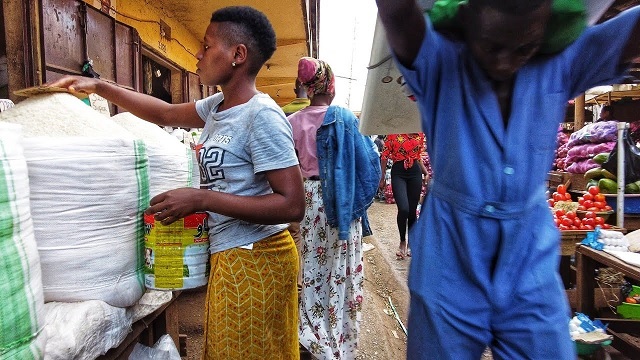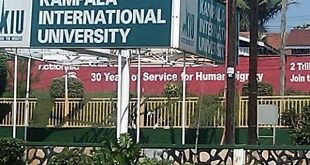
KAMPALA, UGANDA | THE INDEPENDENT | A Sauti za Wananchi report by Twaweza, a non-governmental organization that tracks citizen’s views on a wide range of issues has found that as many as 68% of Ugandans reported that they are increasingly finding it very difficult to earn a living due to poverty. “The majority of citizens (68%) indicate that securing necessities for their households has become increasingly challenging over the past 5-10 years…Those from lower-income backgrounds and rural areas, particularly in the Eastern and Northern regions of the country, are slightly more likely to report hardship in securing necessities. This struggle is prevalent across households, regardless of their level of reliance on agriculture for sustenance and income,” the report noted.
The report also notes that the main reasons given for the increased difficulty in securing basic needs are climatic changes (22%) and low crop yields (15%), an increase in the price of commodities (9%), and low income (9%). “These different responses highlight that individual citizens and households face different circumstances according to a range of factors… However, this should not disguise the fact that overall, citizens report that making a living is becoming harder,” the report adds.
Those who were sampled also point to lack of employment opportunities, lack of capital for investment, lack of education, and widespread corruption among others as the leading causes of poverty. The report also notes that the answer to the reduction of poverty among most Ugandans lies in the government’s increasing capital investment and a deliberate effort to reign in corruption.
In his recent missives defending the rationalization of Uganda Coffee Development Authority-UCDA, President Yoweri Kaguta Museveni said most Ugandans are now part of the money economy and in essence have been pulled out of poverty. “If UCDA and NAADS were successful, why were 68% of the homesteads still outside the money economy by 2013? OWC did much more work than NAADS UCDA and CDO combined…That is how, for the first time in the history of Uganda, the number of the households in the money economy, is now 67% and those outside the money economy are 33%,” Museveni said.
President Museveni last week said his government is doing everything possible to improve the lives of Ugandans. “A country like Uganda is very rich, it has a lot of national resources but the problem is that the population does not know how to use the national resources to live a good way; the modern way and that’s why we have been advising them that they need to move on two fronts. Number one; free education for all and number two; wealth creation for all… We have been educating Ugandans about commercial agriculture with ekibalo. In this case, we insist that separate intensive agriculture where you go for the high-value enterprises from extensive agriculture where you get little money per acre but because you have done it on a big scale, you will end up getting good money,” Museveni said while speaking to members of his ruling National Resistance Movement parliamentary caucus.
Speaking to Uganda Radio Network Marie Marie Hilda Nanyanzi, a Senior Program Officer at Twaweza in charge of Sauti za Wananchi said although indeed many Ugandans are now part of the money market like the President is saying, most of their incomes are wiped out by the high cost of living. “The macro figures look impressive but we have found out that these figures do not normally translate into better lives of the individuals. People are still struggling with things like rent, school fees, and medical bills among others. And these have hurt their daily lives,” Nanyanzi said.
******
URN
 The Independent Uganda: You get the Truth we Pay the Price
The Independent Uganda: You get the Truth we Pay the Price


